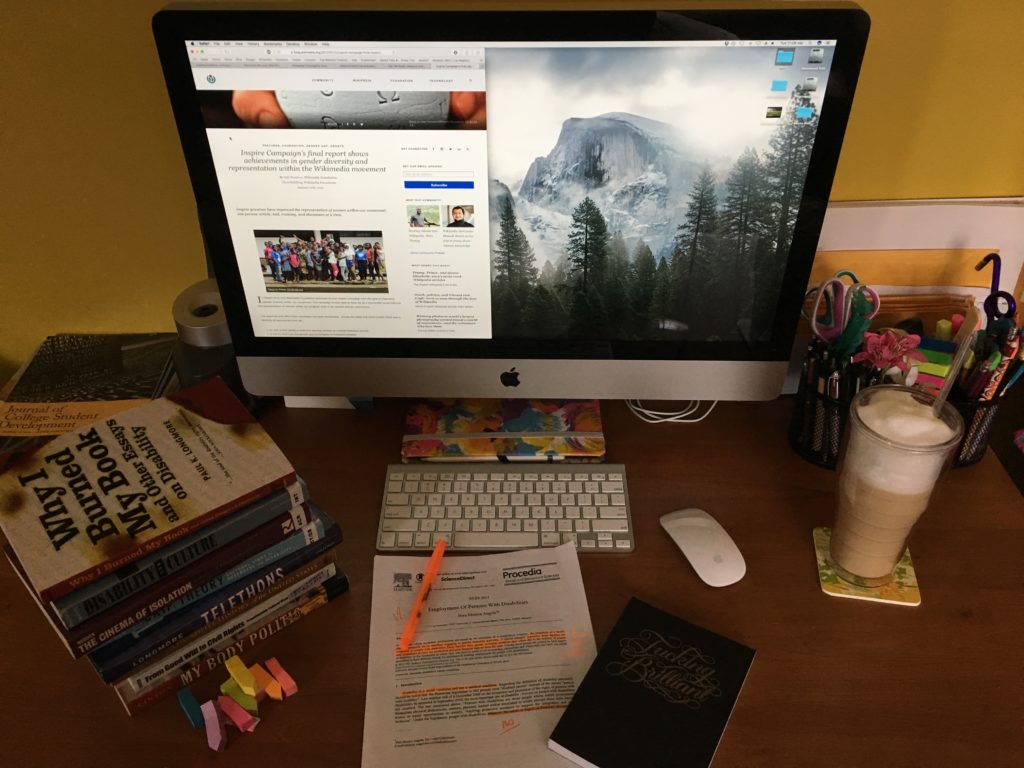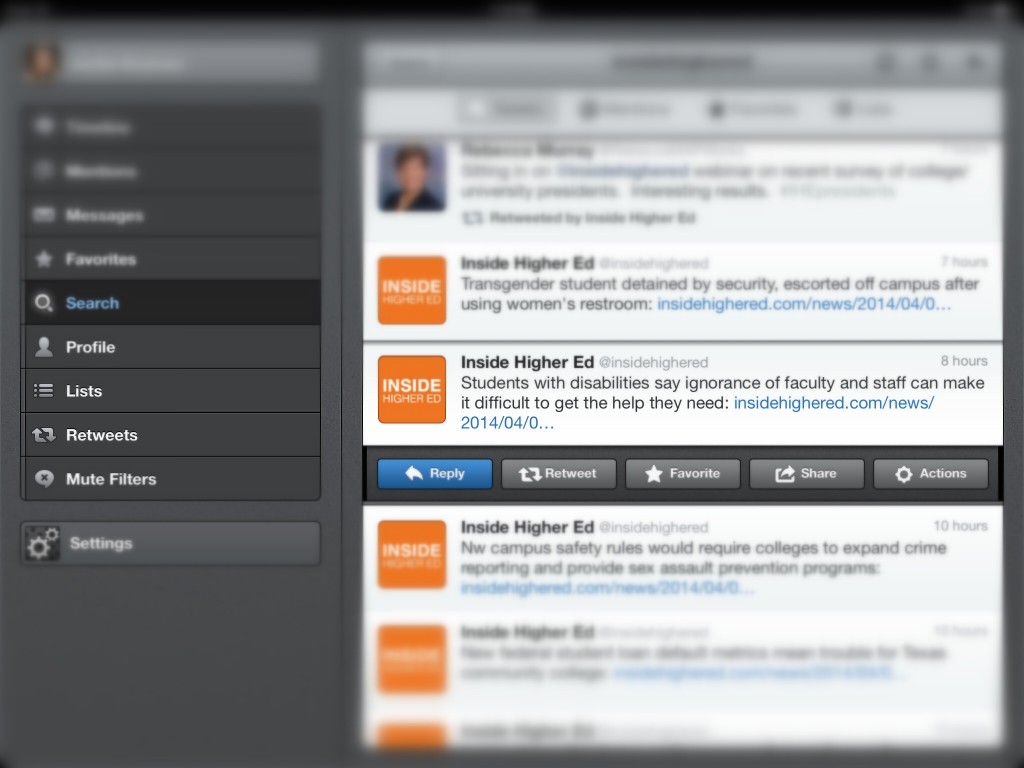
Ok, friends, let’s talk about the elephant in the room. It’s time to move on. Everybody does it. I’ve seen colleagues do much worse. We all secretly do it, but are sure our colleagues will judge us for it.
I am an academic and I read and contribute to Wikipedia.
No one has unfriended me. I don’t have to wear a scarlet W around campus. I have kept my honors. Heck, I even am a visiting scholar because I contribute to Wikipedia.
Why am I saying this?
Because tonight I read a study about a study completed at two public Spanish universities (Aibar, E., Lladós-Masllorens, J., Meseguer-Artola, A., Minguillón, J., & Lerga, M. (2014). Wikipedia at university: what faculty think and do about it. The Electronic Library. 33(4). 668-683. doi: 10.1108/EL-12-2-2013-0217) – both relatively new and one of them was online only. The faculty used Wikipedia but only for subjects that were not in their primary field. Academics in STEM fields were more comfortable using Wikipedia for their scholarship and teaching. “So-called soft-science academics” were more skeptical.
Oh, my fellow social scientists, own up to it. You use Wikipedia. If you don’t, you should. What does this say about your bias? Go on. Go reflect on your actions and if your actions of judging Wikipedia/cloaking your true feelings are 1. valid and 2. really working toward the Truth we seek on the daily.
Did you know your students could learn in a collaborative environment where you don’t have to force inorganic collaboration? Pedagogical application is receiving mixed reviews in the literature. Why? Because many of those respondents are simply theorizing on how teaching with Wikipedia would be based on their assumptions about what Wikipedia is.
Wikipedia is “a new and powerful channel for the public communication of science.” Isn’t that what we want? Someone to read our work and to further scholarship? What are you waiting for? Give contributing to Wikipedia a chance, and what do you know, you might even let your hair down and teach with it next semester!
I’ll even volunteer to get you started.
